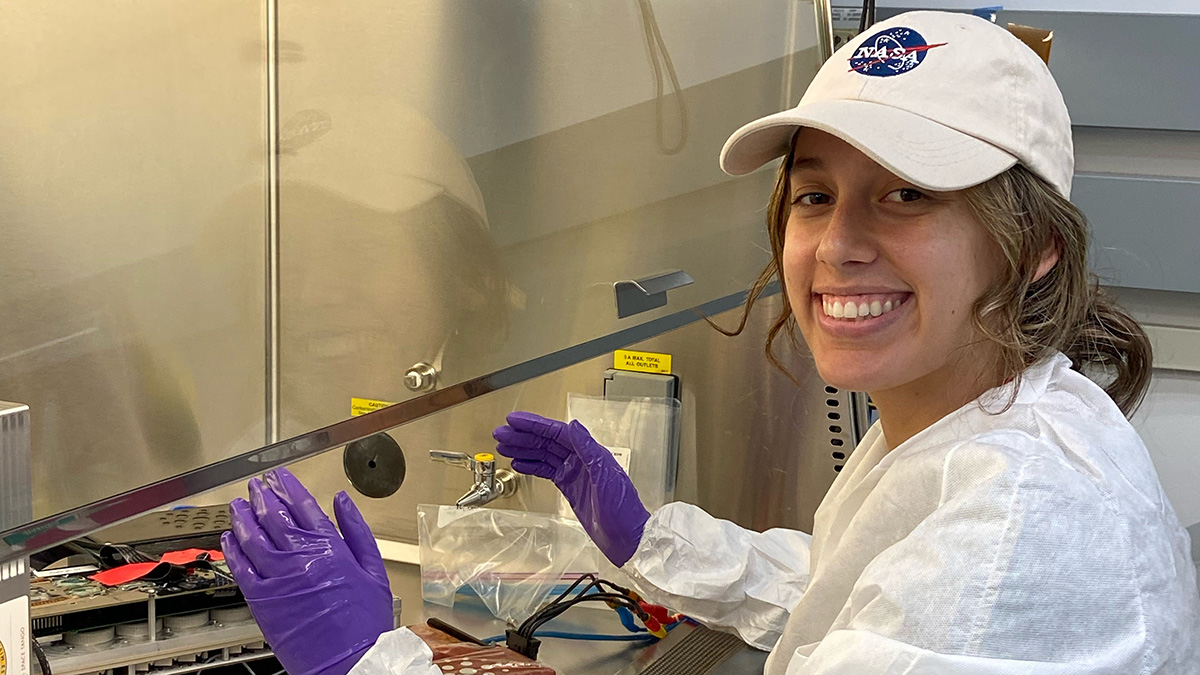
Fourth-year Clark Scholar Nicole Frey helped develop a lab system for studying brain organoids in space.
Nicole Frey has never seen a rocket launch in person. Thursday evening, she’ll get to watch one at Kennedy Space Center in Florida up close — and with more than a passing interest.
At 8:44 p.m. ET, a SpaceX Dragon capsule is scheduled to blast off toward the International Space Station carrying supplies, scientific experiments, and a payload the fourth-year biomedical engineering student has been working on for months as part of her internship with a company called Space Tango.
“It has completely reshaped what I imagined for myself, career-wise, professionally, academically,” said Frey, who originally was thinking premed when she came to the Wallace H. Coulter Department of Biomedical Engineering at Georgia Tech and Emory University. “There’s something about space that, once you’re working on it, it’s addictive.”
Read the full story on the Wallace H. Coulter Department of Biomedical Engineering website.